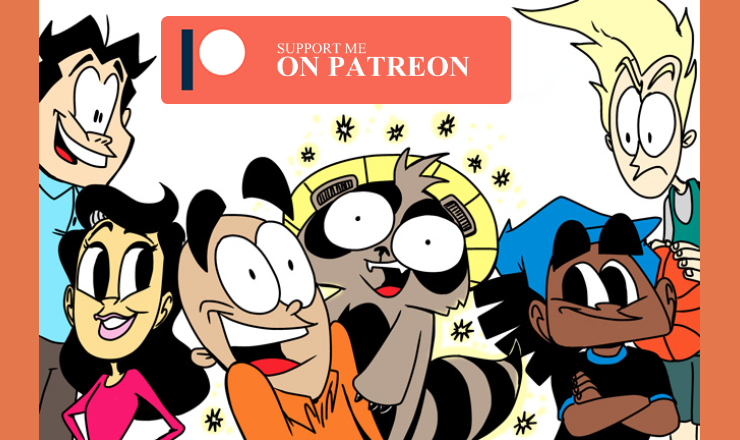If You're Asian, is it Safe to Wear a Mask? -How my wife was treated while shopping and what it might mean for you
/Illustration by author Khalid Birdsong
We only needed a few items from the local drug store. We expected our usual stop into this place we regularly frequent to be uneventful. We quickly learned nothing is as simple as it seems during this shelter-in-place due to COVID-19 coronavirus.
As an African-American male, I’ll admit, I’m concerned about my safety every time I go out no matter what’s going on in the world. For my Japanese wife, this virus has created a new concern around non-Asians, fearing any Asian person they see could have COVID-19.
To help make others feel safe, and to protect herself, she wore a mask (a basic cloth style not the N95 variety) during our visit to the store. We saw other people wearing them as well. Including the white woman in the checkout line in front of us.
The cashier talked with her, this woman even pulled her mask down so that she could be heard clearly—no problems there.
When we walked up next for her to scan our items, my wife, in her mask, walked off to look at other objects near the register. The cashier, an older white woman, looked at her and shouted to me…
“Is she sick?!”
I answered, “No. Why?”
She said, “If she’s wearing a mask, that means she’s sick!”
I told her, “I didn’t know that’s what it meant. She’s wearing it to protect herself from the virus.”
The cashier lady looked relieved in an irritating way and said, “Oh. Well, ok.”
Then continued to ring up our items—printed out that two miles long receipt this particular drug store is known for—and handed it to me. “Have a nice day,” she said with an extra disingenuous smile.
I was in shock, the area we live in is diverse, and people are ordinarily polite and accepting of different races. This showed the fear this virus is creating can be truly powerful. I’ve talked with this same cashier many times, and she’s worked there for years. This is the first time to see and receive such negative reactionary comments from her.
Especially about my wife. As I left the store, and the realization of all that went down started to hit me, I became livid. Is this what every Asian person who goes out wearing a mask is going through in this country right now?
Why didn’t the cashier ask the white lady with the mask on in front of us in line if she was sick?
I talked to my wife about it, and she wasn’t as upset as I was but did not appreciate the cashier’s remarks. She thought perhaps wearing the mask out, as a Japanese woman, was a bad idea.
Americans are not accustomed to seeing people wearing masks out in public. In Japan, it’s normal. If you’re sick or need to be careful breathing in germs from others on the train, or in crowded areas, you wear a mask as a precaution. When you see someone with one on, you feel they’re being polite and considerate.
I never heard anyone say on the news if you see someone wearing a mask that means they’re sick. The N95 masks are selling out everywhere because everyone wants to wear them so they won’t catch the virus. If I see a person wearing one, I assume they’re being careful.
I feel safer.
Does this mean all Asians in America need to be careful when and where they have a mask on?
Now, I would say, yes. Unfortunately, these times are calling for this type of awareness, but I think it’s important.
Apparently, from this study by the San Francisco State University Asian American Studies program from the start of media coverage on COVID-19, “Coronavirus discrimination news increased by 50% from 93 articles in week 1 to 140 stories in week 4.” More Asians in the U.S. are experiencing racism and xenophobia due in large part to the fear of the virus.
Be careful with wearing a mask out in public if you’re Asian. It might be a better idea not to wear one. The fear people may have could cause them to say or do something much worse than what we went through.
Go out and take care of the essential errands you need to run, but be aware, some will act on their fears.
I’m glad all my wife and I had to endure were words.





